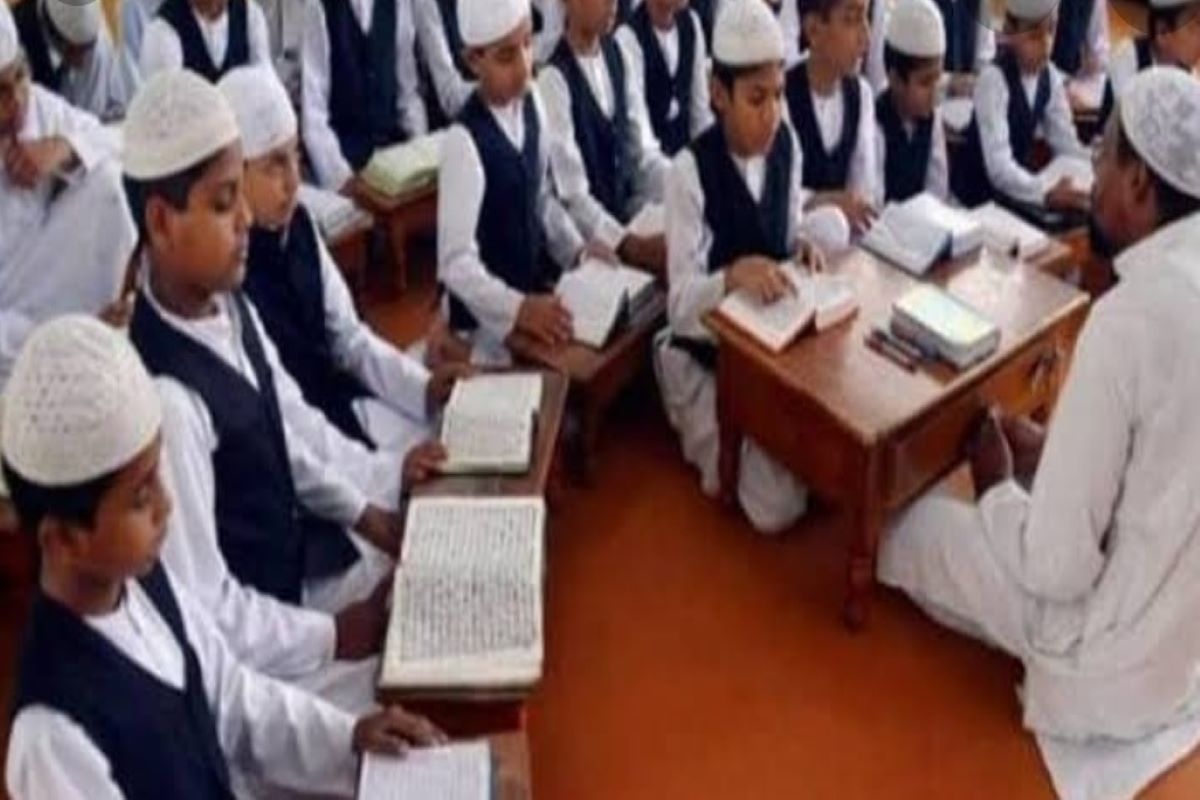Sana Mir and Usain Bolt named ambassadors of ICC T20 WC Qualifier 2024
Former Pakistan skipper Sana Mir and eight-time Olympic gold medallist Usain Bolt have been named as the ambassadors of women’s and men’s ICC T20 World Cup Qualifier 2024.
Whenever a case is registered, the madrasa clerics use their power and intimidation to stop it, says Nasreen Jalil, former chairperson of the Senate Committee on human rights

IANS.
Religious leaders who hold sway in Pakistan are now under fire over an alleged child sex abuse incident inside a Madrasa.
Sabir Shah, a student at a Lahore religious school, alleged that he was sexually abused by Mufti Aziz ur Rehman for over an year.
Shortly after that, a video surfaced and went viral on the Internet, in which another child complained of sexual abuse involving a Shiite cleric.
Advertisement
The recent incidents cannot be considered as isolated events as in 2017, a nine-year old boy was raped by a cleric in Pakistan’s Punjab province.
In 2018, another cleric was arrested and charged for raping a minor.
In 2019, a 13-year-old disabled girl was sexually assaulted by a cleric in Multan city of the Punjab province.
The list of such cases grew longer with every year, prompting calls demanding accountability.
People are blaming religious seminaries and the clerics for using the religious institutions for their vicious sexual desires, a claim that is vehemently rejected by the clerics.
As per estimates, over 2.2 million children were enrolled in over 36,000 madrasas in Pakistan, majority of which belong to poor areas.
Experts say that many cases of child abuse by clerics in madrasas happen because the clerics know that the child’s claim was less likely to be believed.
“Some clerics target vulnerable children because they know that children’s claims of sexual abuse are much less likely to be believed. This prompts the children to not report such cases of sexual assaults,” said Dr. Naila Aziz, a clinical psychologist.
“This prompts and encourages clerics to go on doing what they do with impunity,” she added.
The powerful political position of religious organizations and their clerics saves them from being accountable as per the law of the land.
“Whenever a case is registered and a process of accountability is initiated against these clerics, they use their power and intimidation to stop it,” said Nasreen Jalil, former chairperson of the Senate Committee on human rights.
“This lack of accountability has encouraged them to commit crimes against children as well,” she added.
The other power tool that these clerics have is accusation of blasphemy against those who try to probe deeper into such claims of sexual abuse.
“If any group tries to probe the matter, the clerics could use their powerful position to accuse them of blasphemy or of being a foreign agent,” said Mumtaz Gohar, national coordinator of Child Right’s Movement in Pakistan.
On the other hand, religious parties, clerics and their institutions blame that such claims of sexual abuse of children is targeted at defaming the religious practices at large by secular organizations.
“Religious madrasas have their own system of accountability, which does not tolerate such crimes. All clerics and religious parties have condemned such acts and demanded that those responsible should be brought to justice.
“Despite all that, some elements continue to tarnish the image of seminaries,” said Mohammad Nazir Farooqui from Maroof ul Quran Madrasa in Islamabad.
Any claim against a cleric is considered as an attack on the religion, and keeps accountability and probe into child abuse claims untenable.
Advertisement